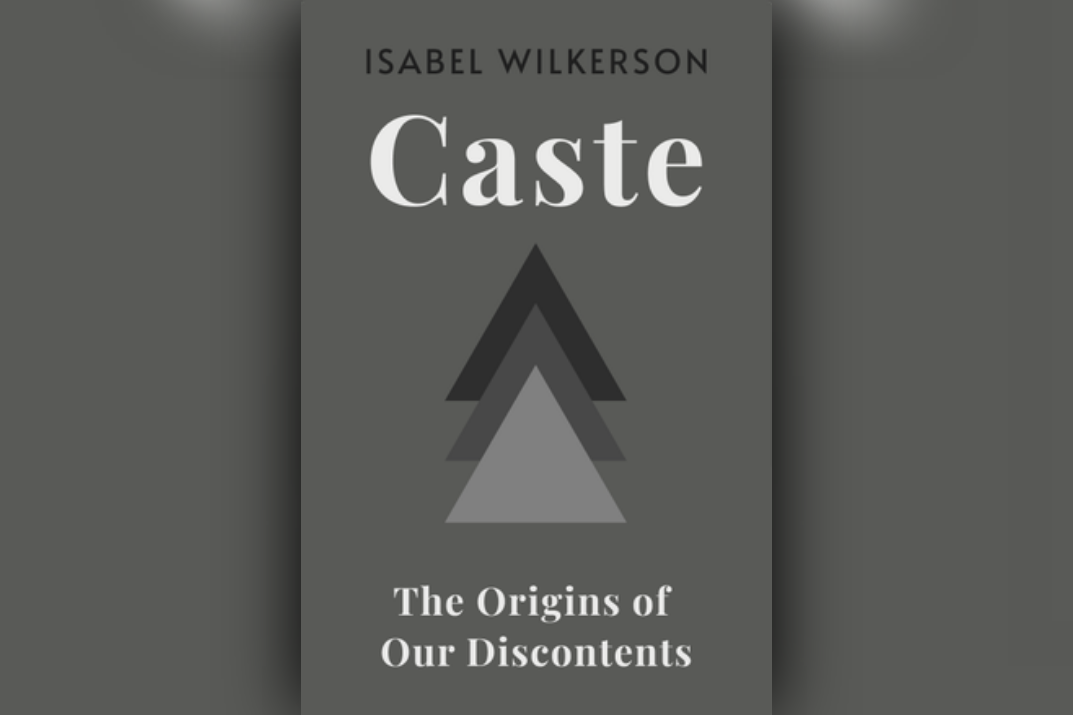Embark on a journey through the profound literary exploration of « Caste » by Isabel Wilkerson. Published in 2020, this book delves into the intricate layers of social hierarchies, offering a poignant examination of their pervasive influence on individuals and society. Through meticulous research and compelling storytelling, Wilkerson guides readers on a captivating odyssey, unveiling the hidden frameworks that shape our lives.
A Audience for « Caste »
« Caste » is a must-read for those passionate about sociology, history, and social justice. It resonates deeply with individuals committed to unraveling and challenging systems of oppression, providing invaluable insights into the complexities of caste dynamics.
Overview of « Caste »
In « Caste, » Wilkerson draws parallels between caste systems in India, Nazi Germany, and the United States, illuminating uncomfortable truths about the enduring nature of caste. Through a narrative that blends historical accounts with personal stories, Wilkerson offers a fresh perspective on the deep-rooted impact of caste, even in contemporary times.
Isabel Wilkerson, an acclaimed author and journalist, brings her expertise and analytical acumen to « Caste. » Renowned for her insightful analysis and compelling storytelling, Wilkerson’s previous work, « The Warmth of Other Suns, » established her as a prominent voice in discussions of racial and social dynamics.
Main Review of « Caste »
Plot and Pacing: Wilkerson skillfully weaves together historical narratives, personal anecdotes, and profound analysis with deliberate pacing. Divided into sections that explore specific facets of caste, the book’s pacing allows readers to absorb and contemplate profound ideas, ensuring an engaging and thought-provoking reading experience.
Characters: While « Caste » features real-life stories and experiences, it is not a traditional fiction novel. Nevertheless, Wilkerson’s selection of compelling narratives humanizes the impact of caste dynamics, offering readers a profound understanding of the struggles endured by those subject to its constraints.
Writing Style: Wilkerson’s writing is both informative and emotionally resonant, presenting complex concepts with clarity and depth. Through vivid descriptions and masterful storytelling, she immerses readers in the world of « Caste, » leaving a lasting impression that lingers well beyond the final page.
An Overview of the Key Principles in « Caste »
In « Caste, » Isabel Wilkerson delves into profound themes that illuminate societal structures and inequalities. Here’s a breakdown of the key principles explored in the book:
- Recognition of Caste as a Potent Force: Wilkerson illuminates caste as a potent yet often unseen force that profoundly shapes societies globally. By acknowledging its influence, readers gain insight into the pervasive nature of caste dynamics and their far-reaching implications.
- Connections Across Cultures: Through comparative analysis, Wilkerson establishes connections between caste systems in diverse cultures, underscoring their universal impact on individuals and communities. This approach highlights the shared experiences and challenges faced by those subjected to caste-based discrimination worldwide.
- Exploration of Intersections: « Caste » delves into the intricate intersections of caste with race and class, revealing how these interconnected systems exacerbate social inequalities and perpetuate discrimination. By examining these complex relationships, Wilkerson unveils the layers of privilege and oppression embedded within societal structures.
- Revealing Destructive Consequences: Wilkerson exposes the destructive consequences of the caste hierarchy, showcasing its profound impact on individuals’ lives and the broader fabric of society. Through compelling narratives and rigorous analysis, she illustrates how caste-based discrimination perpetuates injustice and stifles human potential.
- Challenging Prevailing Norms: By challenging prevailing norms and assumptions, Wilkerson advocates for a more egalitarian society. Through her incisive writing and impassioned advocacy, she inspires readers to question entrenched beliefs and actively dismantle oppressive structures. « Caste » serves as a call-to-action, urging individuals to engage in meaningful dialogue and collective action towards creating a more just and equitable future.
These key principles underscore Wilkerson’s powerful message of confronting uncomfortable truths about society and mobilizing towards positive social change.
Personal Reflection of « Caste »
« Caste » left a profound impact, prompting introspection and stimulating meaningful dialogues about social justice. Wilkerson’s meticulous research and compelling storytelling compelled me to actively engage with the complexities of caste dynamics, inspiring further education and advocacy.
Critique: While « Caste » is undeniably insightful, some readers may find Wilkerson’s comparisons oversimplified, and the academic tone may alienate certain audiences. Additionally, the abundance of historical detail may be overwhelming for those seeking a lighter read.
Comparison: In comparison to similar works, « Caste » offers a more expansive exploration of the underlying structures of oppression, drawing connections between historical caste systems and contemporary social dynamics.
Rating: ★★★★☆ (4/5 stars)
I award « Caste » by Isabel Wilkerson four out of five stars for its invaluable insights and impactful storytelling. While dense at times, the significance of the subject matter and the strength of Wilkerson’s research make it an essential read.
Conclusion:
In conclusion, « Caste » shines a light on the deeply ingrained caste systems within society, challenging readers to question and dismantle oppressive structures. Wilkerson’s narrative serves as a compelling call-to-action, motivating us to strive toward a more just and inclusive future.
For further exploration, I recommend delving into Wilkerson’s previous work, « The Warmth of Other Suns, » and engaging with « White Fragility » by Robin DiAngelo, both offering complementary perspectives on race, power, and privilege.
Read "Caste" and join the dialogue. Let us engage in discussions that empower us to confront systemic inequalities and work toward building a more equitable society.
Source: Information for this review was gathered from Isabel Wilkerson’s website, personal reflections, and critical analysis. For more information about « Caste » and Wilkerson’s works, visit the author’s website or follow her on social media.





























Your article helped me a lot, is there any more related content? Thanks!